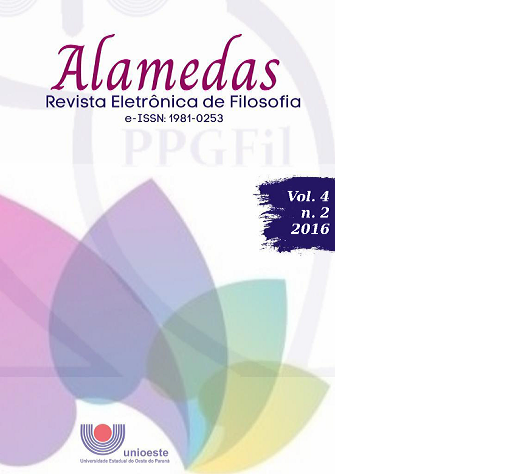HISTORY AND SOCIAL REASONS FOR LEGAL PROTECTION OF FEMALE PRODUCTIVE WORK AND REGULATORY INSTRUMENTS / PROTECTIVE IN BRAZIL
DOI:
https://doi.org/10.48075/ra.v4i2.14994Keywords:
Discriminação, Mulheres, Tutela.Abstract
Despite the achievement of many rights by women over the past few years, they continue to suffer prejudice and breach in the labor market. The Labour Law, through the struggles and demands of the feminist and trade union movement, has regulatory provisions directed to the consolidation of a legal protection of working to promote women's entry into the labor market, is curbing discriminatory attitudes, either through actions of affirmative action. From this perspective, it demonstrates the relevance of this research, which has the purpose to analyze the normative evolution of women's rights, especially those relating to labor law. To do so, it first addresses the historical and social roots of prejudice faced by women in the labor field. Subsequently, they are mentioned Conventions of the International Labour Organization (ILO) that have on female labor. In the final part will be considered the main regulatory developments on the legal protection of women in Brazil. For the development of this research was developed theoretical study on the theme proposed by literature review of several authors who discussed issues related to the chosen topic.
Downloads
Published
How to Cite
Issue
Section
License
Copyright (c) 2016 Alamedas

This work is licensed under a Creative Commons Attribution-NonCommercial-ShareAlike 4.0 International License.
Aviso de Direito Autoral Creative Commons
Política para Periódicos de Acesso Livre
Autores que publicam nesta revista concordam com os seguintes termos:
1. Autores mantém os direitos autorais e concedem à revista o direito de primeira publicação, com o trabalho simultaneamente licenciado sob a Licença Creative Commons Attribution que permite o compartilhamento do trabalho com reconhecimento da autoria e publicação inicial nesta revista.2. Autores têm autorização para assumir contratos adicionais separadamente, para distribuição não-exclusiva da versão do trabalho publicada nesta revista (ex.: publicar em repositório institucional ou como capítulo de livro), com reconhecimento de autoria e publicação inicial nesta revista.
3. Autores têm permissão e são estimulados a publicar e distribuir seu trabalho online (ex.: em repositórios institucionais ou na sua página pessoal) a qualquer ponto antes ou durante o processo editorial, já que isso pode gerar alterações produtivas, bem como aumentar o impacto e a citação do trabalho publicado (Veja O Efeito do Acesso Livre).
Licença Creative Commons
Esta obra está licenciada com uma Licença Creative Commons Atribuição-NãoComercial-CompartilhaIgual 4.0 Internacional, o que permite compartilhar, copiar, distribuir, exibir, reproduzir, a totalidade ou partes desde que não tenha objetivo comercial e sejam citados os autores e a fonte.


